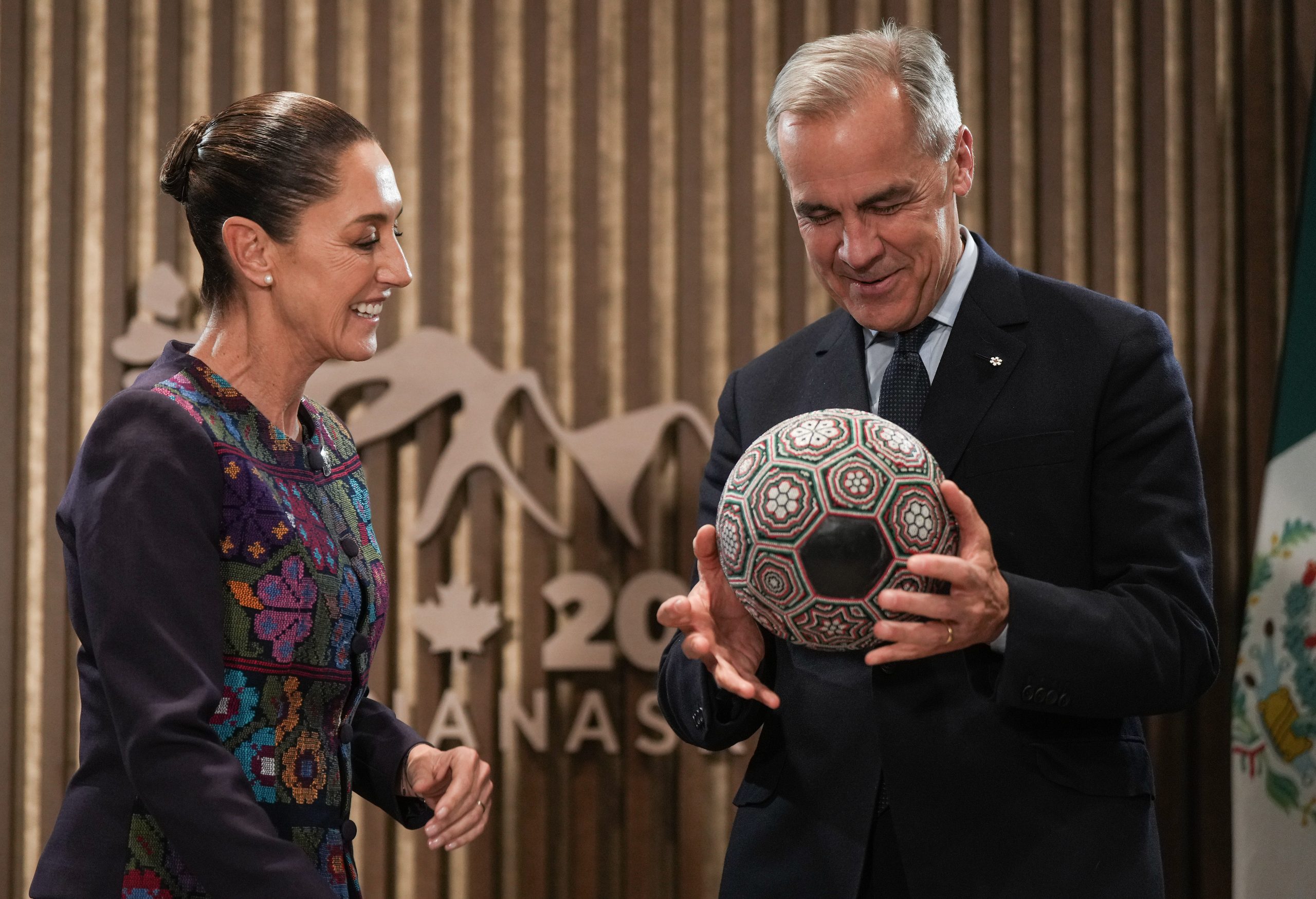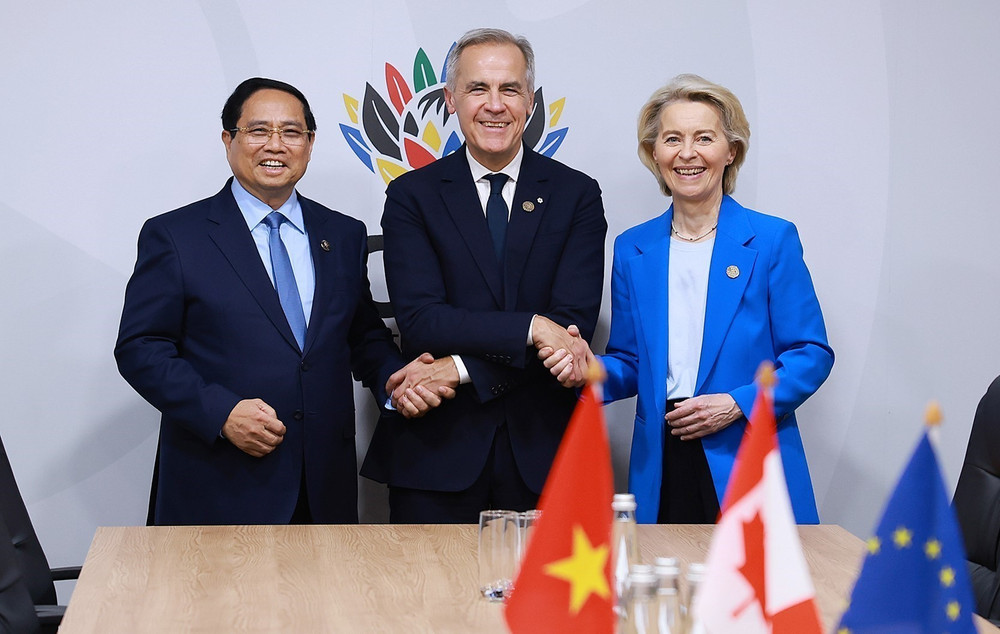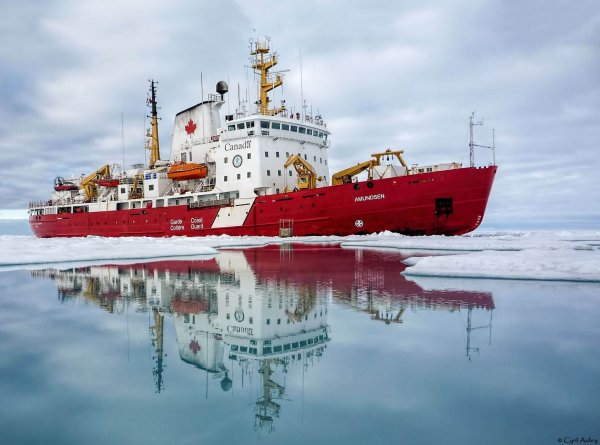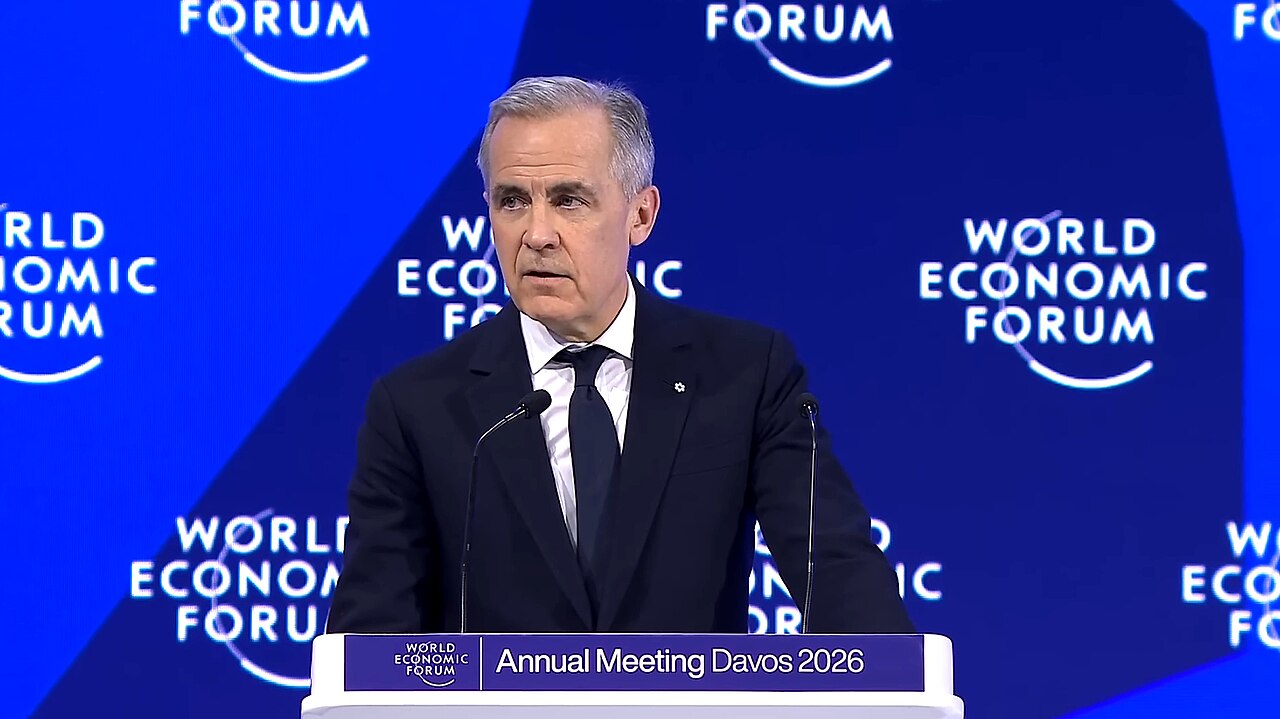On September 18, Prime Minister Mark Carney will travel to Mexico, a visit that comes at a critical juncture for both Mexico and Canada, given the current global trade and economic upheaval. Carney’s visit is an opportunity for both nations to build beyond the economic, energy and security needs of both; it is also a time to increase talent, educational and cultural exchanges. Unfortunately, it took President Donald Trump’s tariffs and the ongoing global challenges for Ottawa to recognize that instead of dismissing Mexico in the hopes of gaining favours with Trump, it is a natural ally. If both nations work together, then they can help build the resilience necessary to address the geopolitical challenges to come while deepening a mutually beneficial relationship.
While diplomatic relations between Canada and Mexico stretch back to 1944, since Trump’s first term as president, each nation has been accused of trying to outmanoeuvre the other to secure a bilateral trade deal with the U.S. While securing such a trade deal with the U.S. is important to domestic economies, both Mexico and Canada have failed to see how they could help each other do that, and so much more.
First, increasing economic relations: last year, two-way merchandise trade between Mexico and Canada reached $56 billion. Export Development Canada has flagged Mexico as a priority market, and through its 15 trade agreements, Canadian investors and exporters can access over 50 markets worldwide—an opportunity too big to ignore. This is not only a win for Canada, but it also shows Mexico’s importance globally as a leader and friend to its North American neighbour.
In addition to trade, other economic benefits for both countries include labour mobility and tourism. In 2024, more than 52,000 Mexican workers came to Canada under the Temporary Foreign Workers Program and the International Mobility Program. Canada’s agriculture sector heavily depends on workers from Mexico, especially in the three most populous provinces, Ontario, Quebec and British Columbia. In turn, Mexicans use these programs to earn money to support their families back home, which is then funnelled into local economies.
Mexico is also benefiting from Canadians turning away from the U.S. to seek out warmer weather in the winter. According to Mexico’s Secretary of Tourism, nearly 1.7 million Canadians visited in the first six months of 2025—a jump of 11.8 per cent compared to the previous year. Additionally, recent statistics show that more than 50,000 Canadians now live in Mexico. While there are language and cultural differences between the two countries, those differences provide openings through education and student exchanges to further benefit closer relations and provide soft diplomacy opportunities.
In June, Mexican President Claudia Sheinbaum travelled to Alberta to attend the G7 summit. This trip was welcomed by many political and business leaders in Canada who advocate for increased relations between Mexico and Canada. Following a meeting with Sheinbaum and Carney, the PMO released a statement saying they discussed economic and energy security and “agreed to deepen bilateral collaboration at the ministerial level, with a focus on trade, energy, agriculture, and security.”
In terms of energy security, Mexico needs to diversify its sources of energy, particularly with its reliance on natural gas coming from the U.S., and here Canada can help. Canada can provide more natural gas to Mexico and help it build energy independence and security. A number of Canadian energy companies are working with Mexican companies to develop and distribute natural resources as energy solutions, including solar, hydroelectric, and hydrogen.
In August, Foreign Affairs Minister Anita Anand and Finance Minister François-Philippe Champagne travelled to Mexico, and in a press conference following a meeting with Sheinbaum, the two ministers told reporters that energy security was part of their discussions.
Carney’s trip to Mexico is a chance to deepen this relationship. It’s an opportunity for both nations to work together to navigate changing global relations, including trade challenges with the U.S., while helping each other shore up domestic needs. Mexico and Canada are natural allies, and strengthening this relationship, building upon the present economic, energy security, labour mobility, tourism and educational ties, will allow for a true friendship where friends help each other confront potential challenges ahead.





